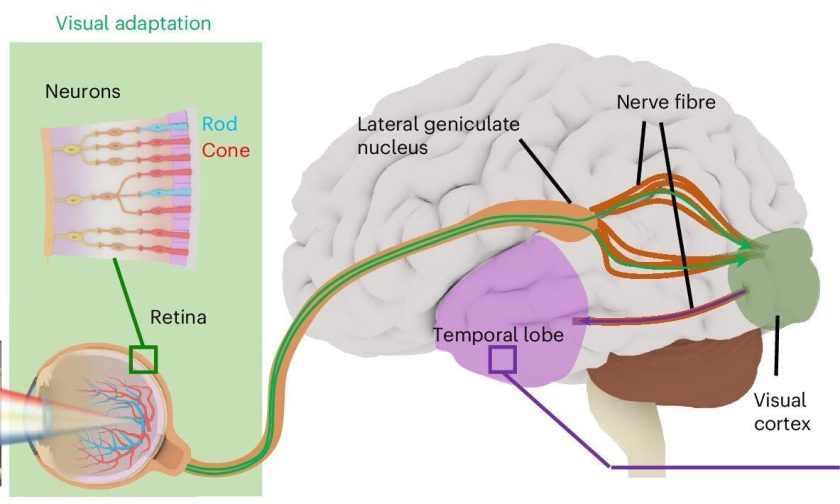According to a study conducted by Northwestern University, music training may help in enhancing brain’s responses to sound, hone hearing and language skills in teenagers even if it is introduced as late as in high school. The study suggests music lessons helps improving skills that are considered important for academic success.
Learning to Learn
The group music classes showed results indicating in-school music lessons facilitate neurodevelopment. Usually, schools facing a budget constraint prefer to cut music classes first, but now the results from the study confirms the importance of music to be inculcated in school curriculum, says Nina Kraus, Director of Northwestern’s Auditory Neuroscience Laboratory and senior study author.
Though lessons at music does not impart skills that can be found directly connected to most carrier options. However, music may result in enhancing skills that accelerate the process of “learning to learn”.
The Study: Music band students showed enhanced language skills
For the study, students from 40 Chicago-area high school participated. Almost half of the students participating were enrolled for school music lessons that meant two or three hours of instrumental group music lessons per week. While the other half were engaged in fitness based exercises during a proportional time period. The study group monitored and collected data for the students for three years.
Comparing the electrode statistic recorded at the start and after the end of three years, indicated that the brain’s of students enrolled in music band showed signs of rapid development in response to sound. These students also showed extended and profound brain sensitivity for sound details.
Music assists in brain development
Though all student participants showed enhanced language skills required for language and reading, but enhancement was prominent for students in music band than those in fitness classes.
As per the authors, music classes in high school are generally avoided due to budget constraint. Nevertheless, the study shows that music might assist in brain development and boost language related skills.
Music counterbalances adverse effect on sound processing
Children that are raised in poverty often show reduced skills required for stable processing of sound details, thus music classes increase the chances to counterbalance such adverse effect on sound processing.
Results from the study support the belief that the teenage brain remains responsive to training, emphasizing the usefulness of enrichment during the adolescent years.
The research definitely can bring about a change in how music classes were seen until now and more school will imbibe music class in their curriculum.
Image: [collective-evolution.com], [vanderbilt.edu], [jonlieffmd.com]
Source: [Northwestern University]






